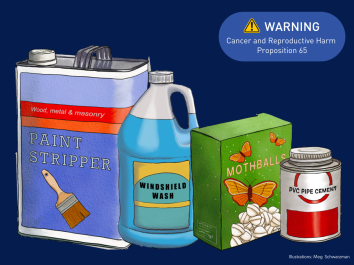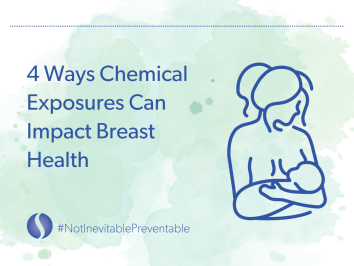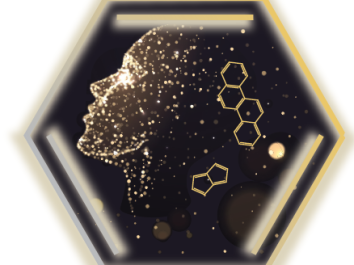Silent Spring supports EPA’s proposed drinking water standard for PFAS
In a comment submitted to EPA, Silent Spring affirms its support for the agency’s new proposed drinking water standard for PFAS chemicals.
Here, you’ll find the latest news about our research and our impact. For detailed information about our past and present projects, please explore Our Science.
In a comment submitted to EPA, Silent Spring affirms its support for the agency’s new proposed drinking water standard for PFAS chemicals.
New study links the disproportionate siting of sources of PFAS pollution—such as major manufacturers, airports, military bases, wastewater treatment plants, and landfills—near watersheds serving these communities.
New study by Silent Spring Institute and UC Berkeley shows people exposed to multiple chemicals that can cause cancer, birth defects, or reproductive harm.

While colleges responded to the pandemic by investing in public health infrastructure to curb the spread of Covid-19, higher education’s investments in public health should extend to include reducing harmful chemical exposures as well.
Study from researchers at Brown University and Silent Spring Institute found that inexpensive, easy-to-assemble Corsi-Rosenthal boxes not only protect against COVID-19, but they can also reduce exposures to indoor air pollutants.
Scientists call on regulators to update their methods for screening chemicals that could harm the breast.

New study finds clothing, bedding, and furniture labeled as water- or stain-resistant most likely to have PFAS

In this three-part series, clinicians will learn about the latest science and develop skills for engaging with patients, as well as with communities and policymakers, around strategies for preventing environmental cancers.

Residents in Hyannis on Cape Cod are invited to an Open House on February 19th to learn about the study and meet the team.

List includes potential carcinogens that act by stimulating production of hormones that fuel breast tumors
